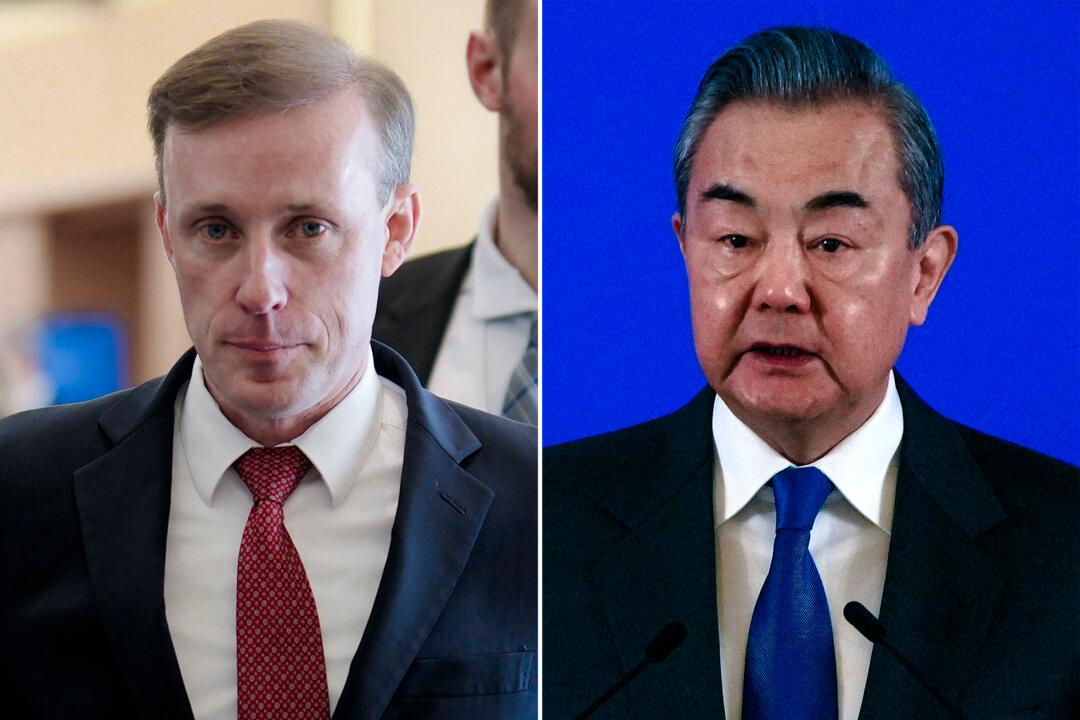White House national security adviser Jake Sullivan will travel to China next week to discuss an array of security issues.
Sullivan will meet with Chinese Foreign Minister Wang Yi, who also serves on the Chinese Communist Party (CCP) politburo, during a trip to Beijing from Aug. 27 to 29, a senior administration official told reporters on Aug. 23.




